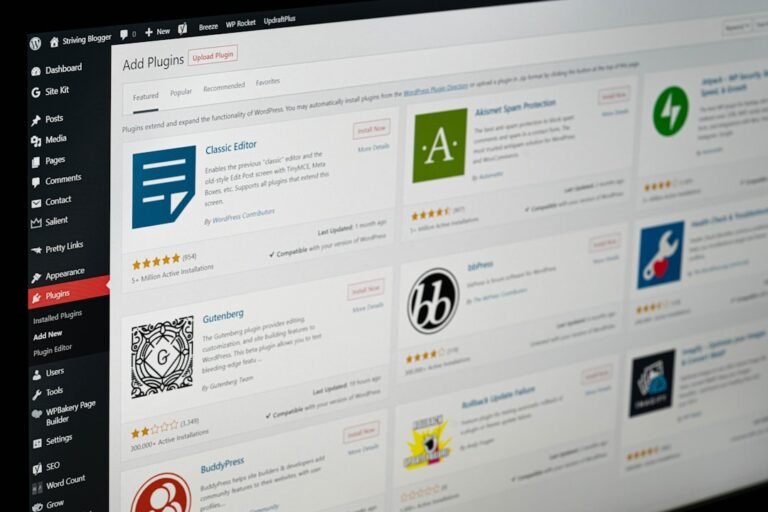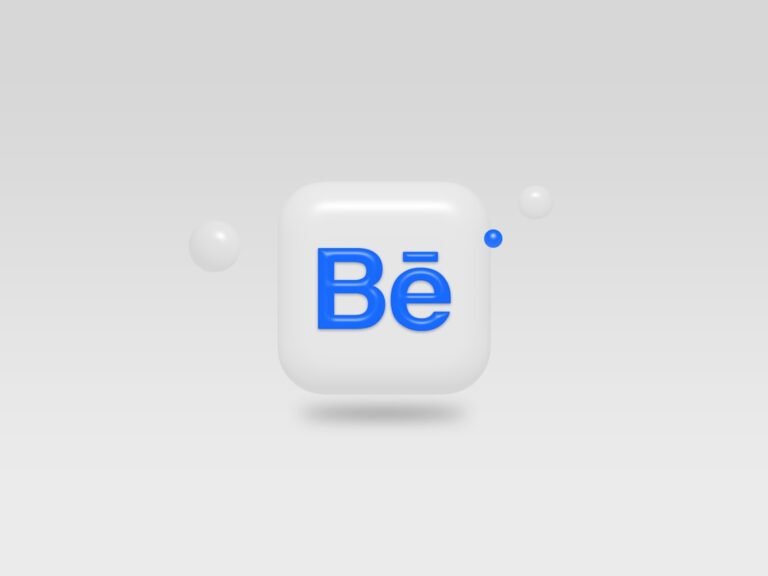study questions
Study questions are an essential tool for students, learners, and individuals seeking to expand their knowledge in various subjects. Whether you’re preparing for an exam, learning a new skill, or simply looking to reinforce your understanding of a topic, study questions can help you achieve your goals. In this article, we’ll explore the benefits of study questions, how to create effective study questions, and provide tips on using them to enhance your learning experience.
What are Study Questions?
Study questions are queries or prompts designed to test your knowledge, understanding, and critical thinking skills on a particular subject or topic. They can be used to assess your learning, identify areas for improvement, and reinforce new information. Study questions can take many forms, including:
- Multiple-choice questions
- Open-ended questions
- Short-answer questions
- Essay questions
- Problem-solving questions
Benefits of Using Study Questions
Incorporating study questions into your learning routine can have numerous benefits, including:
**Improved retention**:
Study questions help you retain information better by actively recalling and applying what you’ve learned.
**Enhanced understanding**:
By answering study questions, you’ll gain a deeper understanding of the subject matter and be able to analyze and evaluate information more effectively.
**Better time management**:
Study questions help you prioritize your learning, focus on key concepts, and manage your study time more efficiently.
**Increased confidence**:
Mastering study questions can boost your confidence and reduce anxiety when faced with exams or assessments.
How to Create Effective Study Questions
Creating effective study questions requires careful consideration of the subject matter, learning objectives, and the level of difficulty. Here are some tips to help you create effective study questions:
**Start with clear learning objectives**:
Identify what you want to achieve and what you want to test.
**Use a variety of question types**:
Mix up the types of questions to keep your study sessions engaging and challenging.
**Make questions specific and concise**:
Avoid vague or ambiguous questions that can confuse or mislead.
**Use active language**:
Use action verbs like “define,” “explain,” “compare,” and “analyze” to create more engaging questions.
Tips for Using Study Questions
To get the most out of study questions, follow these tips:
**Review and practice regularly**:
Regular review and practice help solidify information and build confidence.
**Use flashcards or online tools**:
Utilize flashcards, online quizzes, or study apps to make studying more engaging and accessible.
**Join a study group or find a study buddy**:
Collaborate with others to stay motivated, discuss challenging topics, and learn from one another.
**Track your progress**:
Monitor your progress, identify areas for improvement, and adjust your study plan accordingly.
Conclusion
Study questions are a powerful tool for effective learning, offering numerous benefits, including improved retention, enhanced understanding, better time management, and increased confidence. By creating effective study questions and incorporating them into your learning routine, you’ll be well on your way to achieving your academic or professional goals. Whether you’re a student, learner, or simply looking to expand your knowledge, study questions can help you master new subjects and stay ahead of the curve.
About Relvixis: Relvixis is a Canadian-based digital agency specializing in results-driven solutions for businesses looking to grow online.
We offer expert services in SEO optimization, web development, social media management, and marketing automation.
Our team blends creative strategy with technical precision to drive leads, enhance brand visibility, and accelerate digital performance.
To learn more or schedule a free consultation, visit
relvixis.com.







